Alkaline soil -- would Hollytone be bad for any perennials?
jayco
13 years ago
Related Stories

GARDENING GUIDESHow to Stop Worrying and Start Loving Clay Soil
Clay has many more benefits than you might imagine
Full Story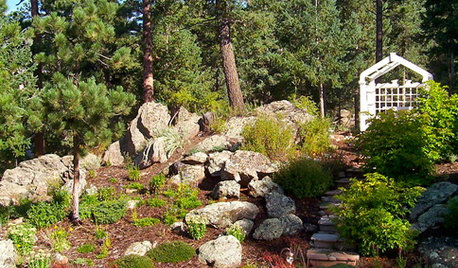
GARDENING GUIDESHave Acidic Soil in Your Yard? Learn to Love Gardening Anyway
Look to acid-loving plants, like conifers and rhododendrons, to help your low-pH garden thrive
Full Story
GARDENING GUIDESHow to Pick a Mulch — and Why Your Soil Wants It
There's more to topdressing than shredded wood. Learn about mulch types, costs and design considerations here
Full Story
FARM YOUR YARDHow to Get Good Soil for Your Edible Garden
The nutrients in your soil feed the plants that feed you. Here are tips on getting it right — just in time for planting season
Full Story
GARDENING GUIDESGardening Solutions for Heavy Clay Soils
What’s a gardener to do with soil that’s easily compacted and has poor drainage? Find out here
Full Story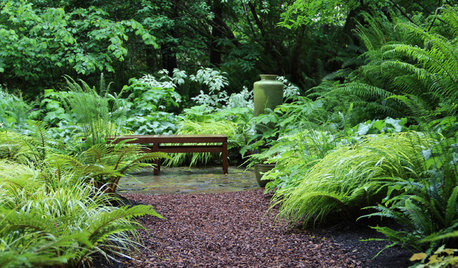
GARDENING GUIDES10 Solutions for Soggy Soil
If a too-wet garden is raining on your parade, try these water-loving plants and other ideas for handling all of that H2O
Full Story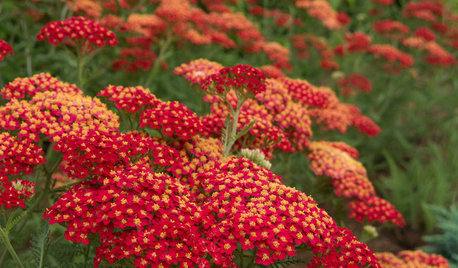
GARDENING GUIDESTop 12 Summer-Blooming Perennials for Deer-Resistant Drama
Can you have garden color, fragrance and exciting foliage with hungry deer afoot? These beauties say yes
Full Story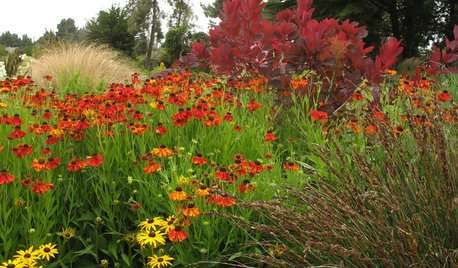
PLANTING IDEASWant a More Colorful, Natural Garden? Try a Perennial Meadow
Spend less time tending and more time taking in the sights by improving on Victorian and prairie garden designs
Full Story
GARDENING AND LANDSCAPINGBid Bad Garden Bugs Goodbye and Usher In the Good
Give ants their marching orders and send mosquitoes moseying, while creating a garden that draws pollinators and helpful eaters
Full Story
GARDENING GUIDESNew Ways to Think About All That Mulch in the Garden
Before you go making a mountain out of a mulch hill, learn the facts about what your plants and soil really want
Full Story





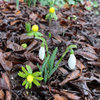
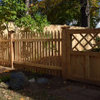
mad_gallica (z5 Eastern NY)
jaycoOriginal Author
Related Professionals
La Marque Landscape Architects & Landscape Designers · Prairie Ridge Landscape Architects & Landscape Designers · Summit Landscape Architects & Landscape Designers · Ashburn Landscape Contractors · Bloomington Landscape Contractors · Coram Landscape Contractors · East Chicago Landscape Contractors · Gurnee Landscape Contractors · Los Banos Landscape Contractors · Mequon Landscape Contractors · Middleton Landscape Contractors · Nashua Landscape Contractors · Roseville Landscape Contractors · Westford Landscape Contractors · Maplewood Landscape Contractorsmad_gallica (z5 Eastern NY)
jaycoOriginal Author
gardengal48 (PNW Z8/9)
mad_gallica (z5 Eastern NY)
jaycoOriginal Author
mad_gallica (z5 Eastern NY)
jaycoOriginal Author
ellessebee
wantonamara Z8 CenTex
flowergirl70ks
wantonamara Z8 CenTex
morz8 - Washington Coast
ellessebee
Kirstin Zone 5a NW Chicago
jaycoOriginal Author